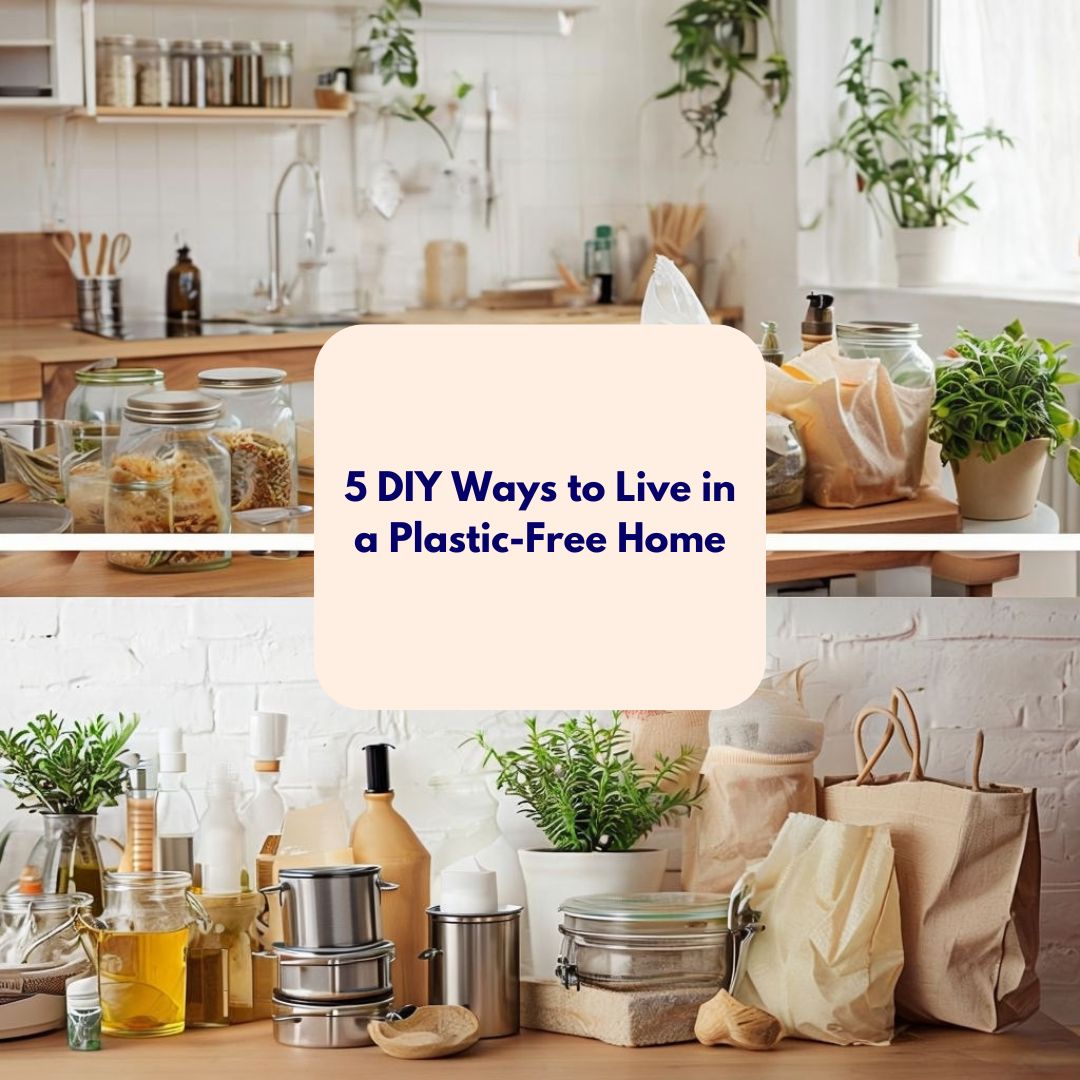Once hailed as a miracle material, plastic has now become a major environmental concern worldwide. Its longevity, which was formerly thought to be a benefit, is now a liability because it can linger for millennia in our landfills and oceans.
An estimated 8 million metric tons of plastic debris are thought to enter the ocean annually, according to a 2015 study published in Science. Ecosystems and marine life are seriously threatened by this pollution.
What is already being done?
Despite the sizable nature of the plastic problem, it’s critical to recognize the recent advancements. Around the globe, businesses, governments, and private citizens are acting to lessen plastic pollution and encourage a more sustainable future.
Government initiatives
Regarding plastic garbage, numerous nations have put laws and policies into place. Several places and countries have banned or severely restricted the use of single-use plastics, including straws, cutlery, and bags.
End-of-life care for products, including plastic packaging, must be managed by producers under the terms of Extended Producer Responsibility (EPR) rules. Governments are investing infrastructure in recycling facilities and initiatives to improve the collection and management of plastic waste.
Corporate efforts
To lessen their plastic footprint, corporations are also taking action. In addition to lowering the quantity of plastic used in their products, businesses are looking at alternative packaging materials.
Businesses are devoting resources to R&D in order to create innovative recycling methods that have the capacity to handle a greater variety of plastic kinds. By investing in recycling or trash reduction initiatives, several businesses have pledged to become “plastic neutral,” meaning they will make up for their plastic waste.
Individual actions
A significant part of lowering plastic pollution can also be played by individuals. Reducing plastic waste can be achieved easily and successfully with recycling. You too can promote good change by supporting companies like Exigo that put sustainability first and cut down on plastic waste.
Promoting sustainable behaviors and educating people about the plastic issue can contribute to the development of a more aware and accountable society. These actions demonstrate to us that when everyone is concerned with sustainability, society as a whole naturally becomes ecologically aware.
The DIY solution
Thankfully, there are lots of things we can do, beginning in our own homes, to lessen the amount of plastic we use. We can drastically reduce our plastic footprint by adopting tiny, deliberate choices. These are five do-it-yourself strategies for living without plastic in your home:
1. Use reusable containers
Using reusable containers to store food and beverages is one of the easiest methods to reduce plastic waste. Plastic bags, cling film, and throwaway bottles are best disposed and replaced with good substitutes. Glass jars are useful for storing a wide range of items, including leftovers and dry foods.
Stainless steel containers are strong and perfect for putting food in the fridge or packing lunches. Beeswax wraps are a sustainable and all-natural substitute for plastic wrap. To seal your food, just warm the wax with your hands until it becomes flexible.
2. Make your own cleaning products
Hazardous compounds are present in many household cleaning solutions, which are packed in plastic bottles. You can lessen the amount of plastic in your home and make healthier products by producing your own cleaning supplies.
Use vinegar, a natural disinfectant, to clean windows, counters, and floors. Baking soda is a mild abrasive that works well for carpet deodorization and surface cleaning. Appliances can be cleaned and stains removed with lemon juice, a natural degreaser.
3. Grow your own food
In addition to being a fulfilling hobby, growing your own food is a fantastic way to cut down on plastic waste. Growing your own produce allows you to avoid the plastic packaging that store-bought produce frequently arrives in. The best part is how you can supply your home-grown veggies and fruits to your neighbors or local markets as a side hustle.
Plant a few plants in a small garden or on your balcony to get started. Go for low-maintenance plants that don’t require a lot of fertilizer or pesticides. You can even join a community garden to share tips and stay motivated. If you don’t already have a place of your own, you might want to join one.
4. Make your own personal care products
Shampoo, conditioner, and toothpaste are just a few examples of the many personal hygiene items that are packaged in plastic tubes or bottles. You can lessen plastic waste and produce natural, useful personal care products by manufacturing your own. Aloe vera, coconut oil, and essential oils are examples of natural substances you can use to make your own shampoo and conditioner.
A variety of natural components, such as baking soda, coconut oil, and peppermint oil, can be used to make your own homemade toothpaste. You can make your own deodorant with coconut oil, arrowroot powder, and essential oils, which are all natural components.
5. Support plastic-free businesses
When you shop, support companies who put a high priority on minimizing plastic waste. Seek for products that are packaged in recyclable or reused materials, or with as little packing as possible. Transportation’s negative environmental effects can be mitigated by choosing neighborhood companies.
Bulk purchases can aid in lowering packing waste. Additionally, choose reusable items like shopping bags, water bottles, and coffee cups. You can make a positive impact on the environment and lessen your plastic footprint by putting these do-it-yourself tips into practice. Recall that every little step counts and that, when combined, we can effect significant change.
Where does this leave us?
Just like kindness, reducing plastic waste also begins at home. Use these simple but effective DIY tricks to reduce your production and usage of plastic waste. Imagine how the entire world could progress faster if each individual were to adopt sustainable practices. For more help on choosing sustainable methods and supporting businesses that are making strides in recycling, check out exigorecycling.in
